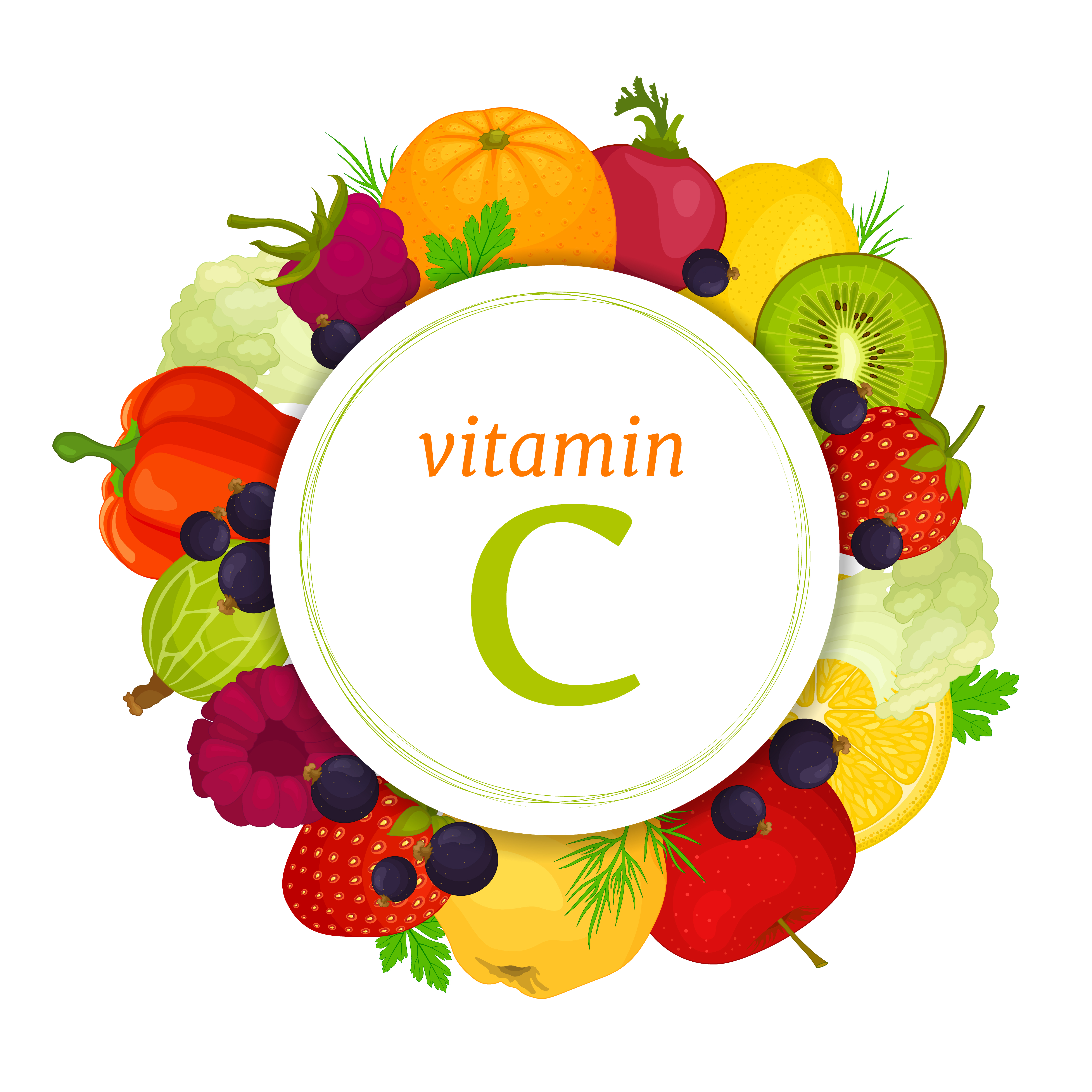Today's text will be focusing on the interesting subject of super-foods. In previous articles we have already mentioned that we often look for rare, foreign fruits and vegetables, we focus only on the new, “innovative” products on the market with (susceptible) miraculous properties, forgetting the easily accessible and slightly neglected products which are cheap and fully available.
Kiwi is so great that it has tons of studies around!
We have to be aware often clinical studies are created as an attempt to explain the role and use of specific components of the diet (whether as to products or their specific components), in the case of kiwi, however, the situations look slightly different. In February 2018, the prestigious European Journal of Nutrition published a review on the nutritional and health benefits of eating kiwi!
What can we learn from this study?
Initially, the authors in a short abstract point out that during the last decade a high number of papers documenting the positive impact of kiwi consumption on the body have been published. The effects supporting digestion, the immune system and metabolic health are considered to be the most documented ones.
What kiwi will we meet on the market and what will we find in it?
The expansion of kiwis to the world markets and their cultivation on a large scale began in the 1930s, but the real boom took place in the 1950s, after the end of the Second World War and the highly economical support of agriculture. In commercial cultivation (and thus finally - in stores) we will meet primarily classic, green kiwis, which according to literature descriptions, characterized by a sweet-sour and spicy taste, and whose interior impresses with a strikingly beautiful bright, transparent flesh with green colour with black seeds and hairy, brown skin. The second variety is a golden kiwi, hairless on the skin, with, as the name suggests, yellow interior, characterized by a more sweet, tropical taste.

Kiwi is not a typical fruit. We can find a lot more beneficial substances here. Kiwi is quite rich in potassium and ascorbic acid (vitamin C, thanks to which in Italy it is referred to as the fruit of health), vitamin E and folate, with high fibre content. At the same time, kiwi is characterized by a relatively high content of phytochemicals, active digestive enzymes* and antioxidants.
* Yes, yes, it is thanks to them that you feel burning on the tongue after eating more of our super-fruits. However, do not be afraid, they will not burn you from the inside!
A unique actidine
The enzyme with this name is a unique component of kiwi (it seems that in no other product will be given us to find it!) - is a proteolytic substance (a substance which digests protein), thanks to which it supports digestive processes and improves the functioning of the stomach, small intestine and whole digestive tract. In addition, the kiwi contains phytochemicals that improve intestinal peristalsis.






